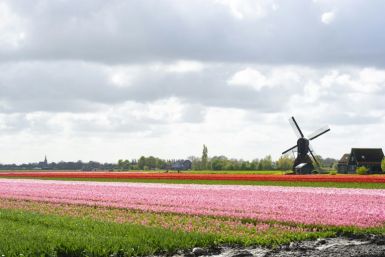Bob Dwyer May Take Over NSW Waratahs
Former Wallabies coach Bob Dwyer may soon take over NSW Waratahs.
Dwyer, along with a small of group of Sydney-based associates, have talked to the NSW Rugby Union and Australian Rugby Union to take over the licence to run Waratahs.
"The Waratahs were structured that way so that this exact thing could be done if people came forward ... For some time myself and a few others have been talking about doing something. From our point of view the most important part of our drive is to support community rugby and, off the back of that, strengthen the professional game," Dwyer said.
Jason Allen, the chief of Waratahs also confirmed interested parties have approached the organisation to take over the franchise license which will expire at the end of 2014.
"All interest at this stage is quite preliminary ... We've had a number of interested parties knock on our door - more than six since I have been in the job - to discuss the possibility of privatisation, some with greater conviction and depth than others ... Recently though we have had a number of new partners come to us with potential offers of private equity involvement. It is a real compliment to the business that with an attacking style of rugby, the influence of [head coach] Michael Cheika and consistency in our commercial model, this is happening," Allen stated.
Bob Dwyer and his group is not the sole party to take over Waratahs. According to espnscrum.com, the second potential party is another group that have ties with the English Premier Rugby union. Allen, however, did not confirm the report.
The Waratahs maintain a complex licencing process with the NSW Rugby and ARU. The club is also bound by the agreement with SANZAR to provide five Super Rugby teams. The ARU further vested NSW the licence to manage the Waratahs.
The licence is slated to expire at the end of 2015. Allen, however, confirmed the deal will be finalised before the deadline.
"We are not being forced into this, we haven't been in the market hunting for investors, we have been really impressed that people are considering this option," Allen added






